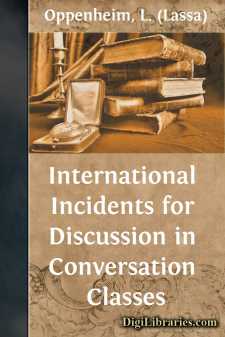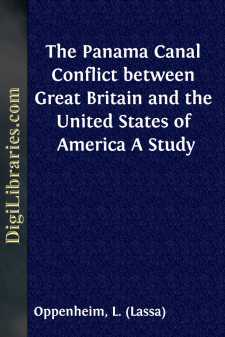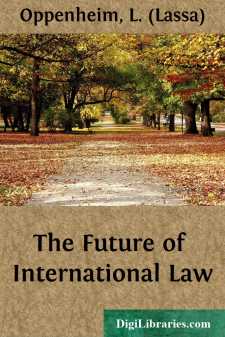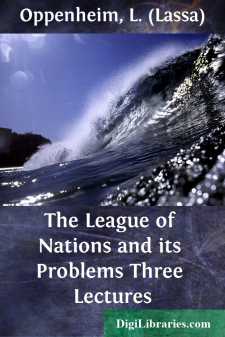Categories
- Antiques & Collectibles 13
- Architecture 36
- Art 48
- Bibles 22
- Biography & Autobiography 813
- Body, Mind & Spirit 142
- Business & Economics 28
- Children's Books 17
- Children's Fiction 14
- Computers 4
- Cooking 94
- Crafts & Hobbies 4
- Drama 346
- Education 46
- Family & Relationships 57
- Fiction 11829
- Games 19
- Gardening 17
- Health & Fitness 34
- History 1377
- House & Home 1
- Humor 147
- Juvenile Fiction 1873
- Juvenile Nonfiction 202
- Language Arts & Disciplines 88
- Law 16
- Literary Collections 686
- Literary Criticism 179
- Mathematics 13
- Medical 41
- Music 40
- Nature 179
- Non-Classifiable 1768
- Performing Arts 7
- Periodicals 1453
- Philosophy 64
- Photography 2
- Poetry 896
- Political Science 203
- Psychology 42
- Reference 154
- Religion 513
- Science 126
- Self-Help 84
- Social Science 81
- Sports & Recreation 34
- Study Aids 3
- Technology & Engineering 59
- Transportation 23
- Travel 463
- True Crime 29
International Incidents for Discussion in Conversation Classes
Description:
Excerpt
SECTION I
1. A Councillor of Legation in difficulties.
In 1868 the French journalist Léonce Dupont, the owner of the Parisian newspaper La Nation, became bankrupt. It was discovered that this paper was really founded by the councillor of the Russian legation in Paris, Tchitchérine, who had supplied the funds necessary to start it, for the purpose of influencing public opinion in Russian interests. The creditors claimed that Tchitchérine was liable for the debts of Dupont, and brought an action against him.
2. Neutral Goods on Enemy Merchantman.
A belligerent man-of-war sinks his prize, an enemy merchantman, on account of the impossibility of sparing a prize crew. Part of the cargo belongs to neutral owners, who claim compensation for the loss of their goods.
3. American Coasting Trade.
In 1898, after having acquired the Philippines and the island of Puerto Rico from Spain by the peace treaty of Paris, and in 1899, after having acquired the Hawaiian Islands, the United States declared trade between any of her ports and these islands to be coasting trade, and reserved it exclusively for American vessels.
4. A German Balloon in Antwerp.
The following telegram appeared in the Morning Post of April 7th, 1909, dated Brussels, April 6th:
"An incident which is regarded with some seriousness by Belgians has occurred at Antwerp. A balloon which for a time was observed to be more or less stationary over the forts finally came to earth in close proximity to them. It proved to be a German balloon, the Dusseldorf No. 3, controlled by two men, who, on being interrogated by the Commander of the fortifications, declared themselves to be merely a banker and a farmer interested in ballooning in an amateur fashion, who had been obliged to descend. The General commanding the Territorial Division adjoining Antwerp was informed of the incident. On an inquiry being opened it was found that the aeronauts were none other than two German officers, and that the balloon forms part of the German Army matériel. The Minister for War was immediately informed, and he has communicated the facts of the case to his colleagues. The inquiry is being continued. In the balloon was found a quantity of photographic apparatus."
SECTION II
5. The Use of the White Flag.
During war between states A and B, an outlying fort of a harbour of state A is being bombarded by the fleet of state B, and is in danger of capture. Suddenly the white flag is hoisted on the fort, and a boat flying a white flag and carrying an officer and some men leaves the fort and makes for the flagship of the bombarding fleet. Thereupon the fleet receives the order to cease firing. Shortly after this has been carried out, the boat flying the white flag, instead of continuing its course, returns to the fort. Under cover of this manœuvre the bombarded garrison succeeds in abandoning the fort and withdrawing in safety.
6. A South American "Pseudo-republic."
The following appeared in the Times of April 26th, 1904:
"The utility for the practical politician of the study of that branch of sociology to which M....





